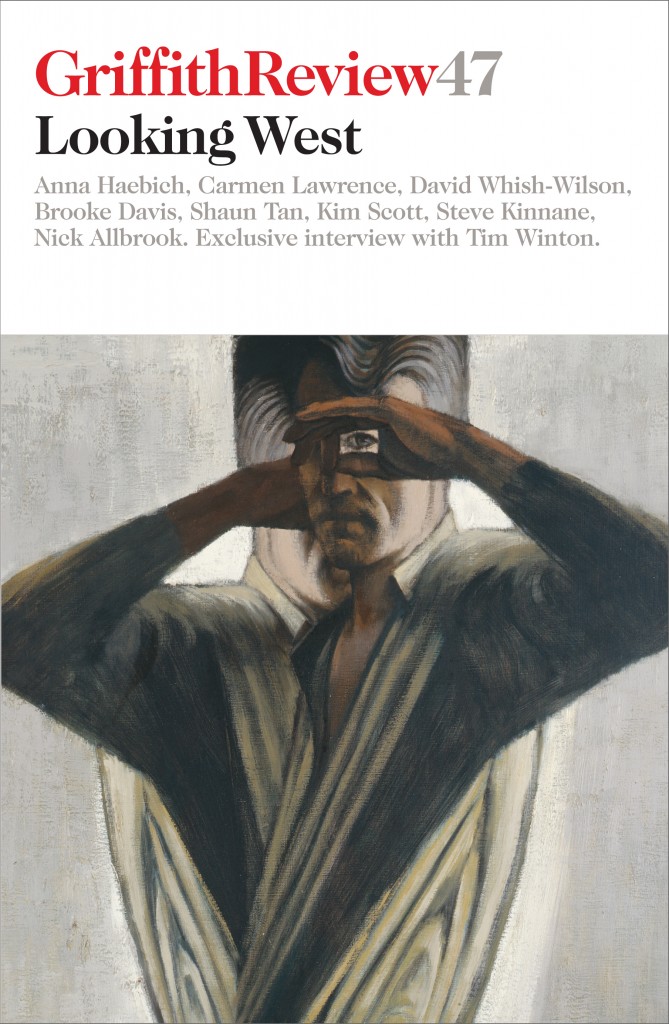Featured in

- Published 20150203
- ISBN: 9781922182678
- Extent: 264 pp
- Paperback (234 x 153mm), eBook

Already a subscriber? Sign in here
If you are an educator or student wishing to access content for study purposes please contact us at griffithreview@griffith.edu.au
Share article
More from author

Selling the forests to save the trees
EssayLONDON EXCEL, SITUATED in the now gentrified old docklands of the British capital, is a huge empty space designed for the meeting convenience of...
More from this edition

Ancient treasures
EssayFROM A SCIENTIFIC perspective, Aboriginal people entered the landmass of Sahul (greater Australia) more than fifty thousand years ago and were in the Pilbara...

In flight
EssayON 9 APRIL 2013, a boat carrying sixty-seven asylum seekers from Sri Lanka made its way undetected through several levels of surveillance and border...

The spirit of place
GR OnlineIN CONTRAST TO Western Australia’s wondrous Indian Ocean sunsets, there have been many false dawns in the quest for a new state museum. Now,...